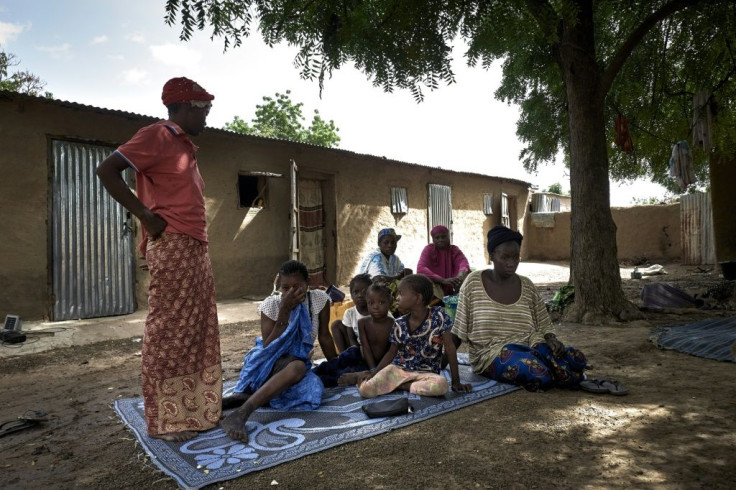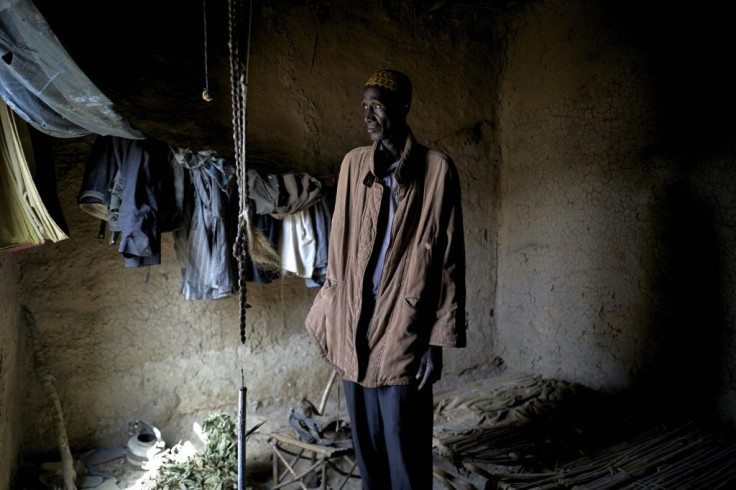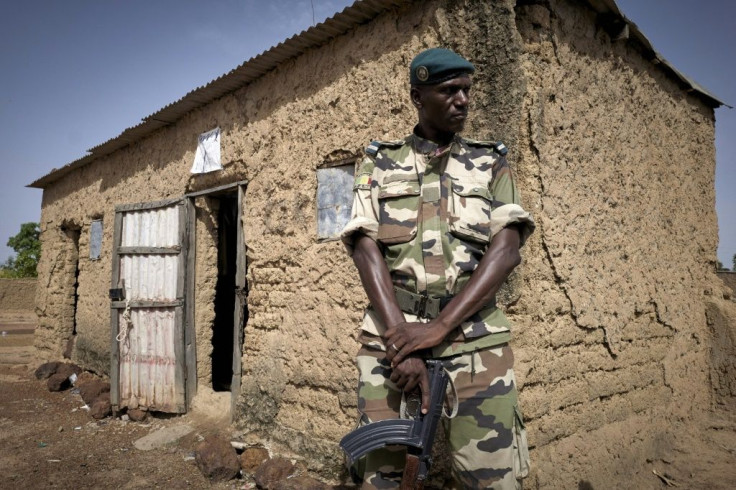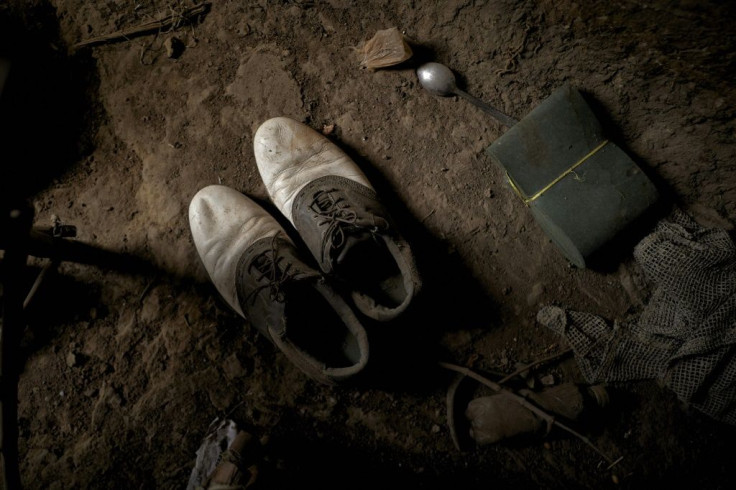Mystery Beheadings Stir Fear In Remote Mali Town
Boubou Sangare, his face blank, points at a patch of ground beneath the entrance to an adobe house.
It was here that he discovered his brother Bakary's severed head, on the morning of June 10, lying next to his body.
The 40-year-old former soldier had become the latest victim in a spate of unsolved grisly murders that have plagued the remote town of Fana, in southern Mali, since 2018.
Police arrived on the scene 40 minutes after Boubou Sangare found his brother's mutilated remains and cordoned off the area.
Officers found an iron bar at the scene, and drops of blood leading behind the house and to motorcycle tyre tracks in the dirt.

But police investigators remain bewildered by the killings.
The murder spree in Fana, a town of some 36,000 people, is all the more unusual for occurring in an area far from the violent hotspots in the vast West African country.
Mali, a poor Sahel nation of some 19 million people, has been struggling to contain a jihadist uprising that first emerged in the north in 2012, before spreading to the centre of the country, claiming thousands of lives.

But Mali's south has been relatively spared. And Fana is an unremarkable market town in a sleepy cotton-growing region, whose outer districts melt into lush green bush.
The murders appear to follow the same script.
Victims are likely decapitated with a knife or axe, investigators say.
Then dead bodies are usually found in the morning, without a pool of blood around them -- suggesting that the killers collected the blood.
Traditional chief Adama Traore, sitting in his home surrounded by elders, was at a loss.

"Only God knows, we can't point to anyone," he said of the perpetrators.
Locals wonder whether Fana is under a curse.
According to police investigators, the beheading victims often live in isolated areas and have few social ties.
Six out of eight victims were from one neighbourhood in Fana, called Badialan, which skirts the bush.
But otherwise, a pattern has been difficult to establish.

Victims have included a housewife, a phone-mast assistant, a five-year-old albino child and a two-year-old girl.
Investigators have ruled out revenge as a motive, as well as money disputes.
Boubacar Diarra, the lead investigator, said that although there is no solid proof that the murders are ritual killings, the motive is a "working hypothesis".
Police have detained 11 men since 2018 -- on charges which Diarra would not divulge -- yet the beheadings have continued.
Fana inhabitants are losing patience.
Diarra added that investigators do not have access to modern equipment such as video surveillance cameras.
"We can't be expected to investigate at the same pace as elsewhere in the world," he said, while adding that he was confident investigators would crack the case.
But first, residents must overcome their fear of reprisals and talk to the police.
An official close to the investigation, who declined to be named, said that many "are afraid of being killed if they denounce someone".
Facing a deepening mystery, investigators are pursuing all possible leads.
But Traore, the traditional chief, is pessimistic about their chances of success.
He was among the townspeople that demanded a police station in Fana after the first few murders, which triggered protests and looting.
A police station was duly opened in Fana last year, adding to the national guardsmen and gendarmes already present.
"Nothing worked and it continues," the elderly man said, referring to the murders.
One of the elders sitting beside him, teacher Bakary Bagayoko, suggested that poor street lighting and a closed checkpoint at the town's limits were also insecurity-inducing problems to be solved.
"Fana has become a human abattoir," he said.
"Everyone suspects everyone. When a family member goes out on an errand, we ask ourselves: Is he coming back?"
© Copyright AFP 2024. All rights reserved.




















